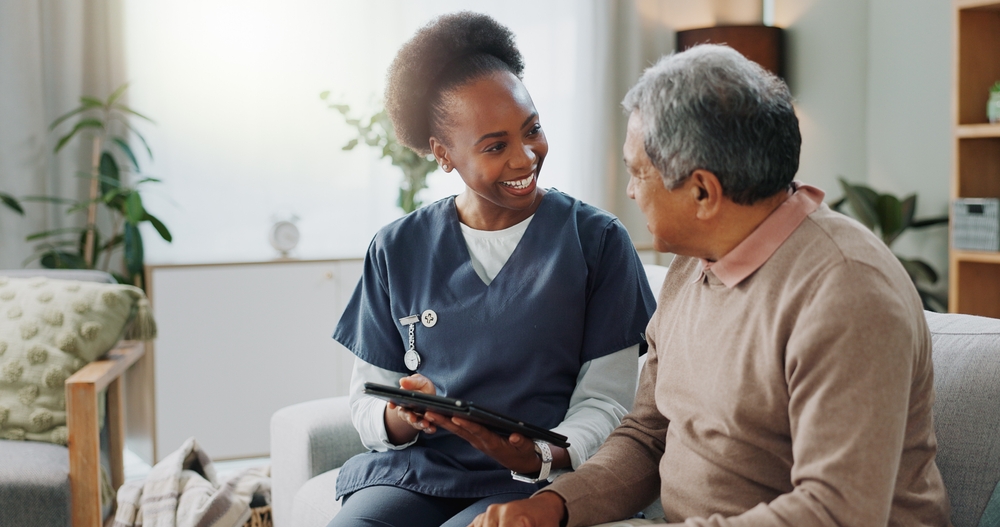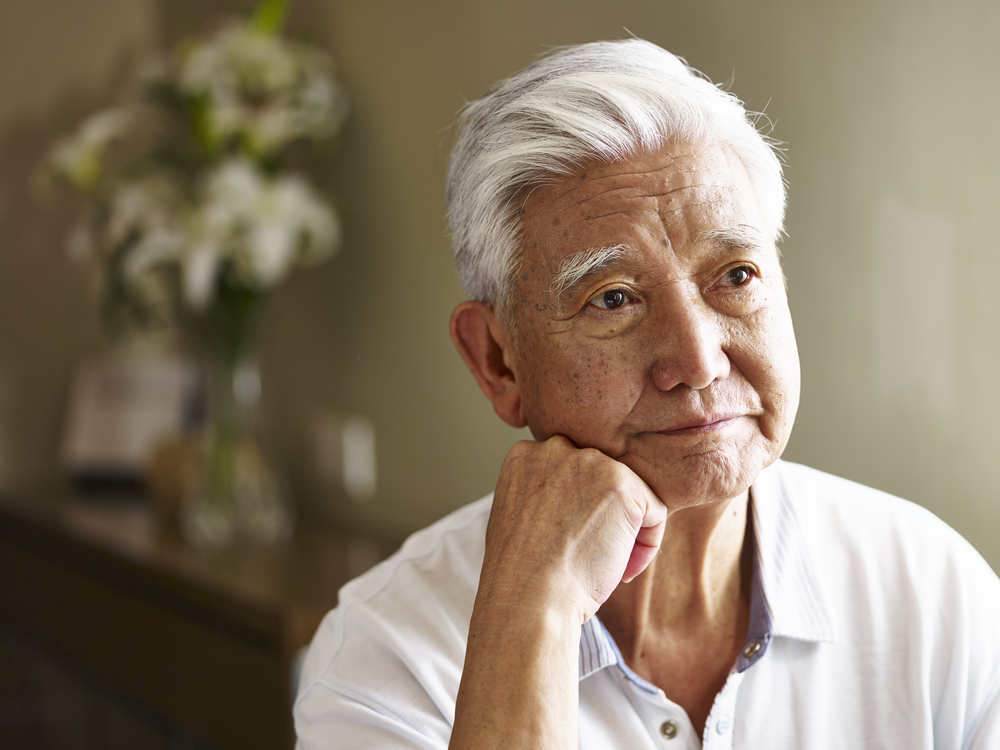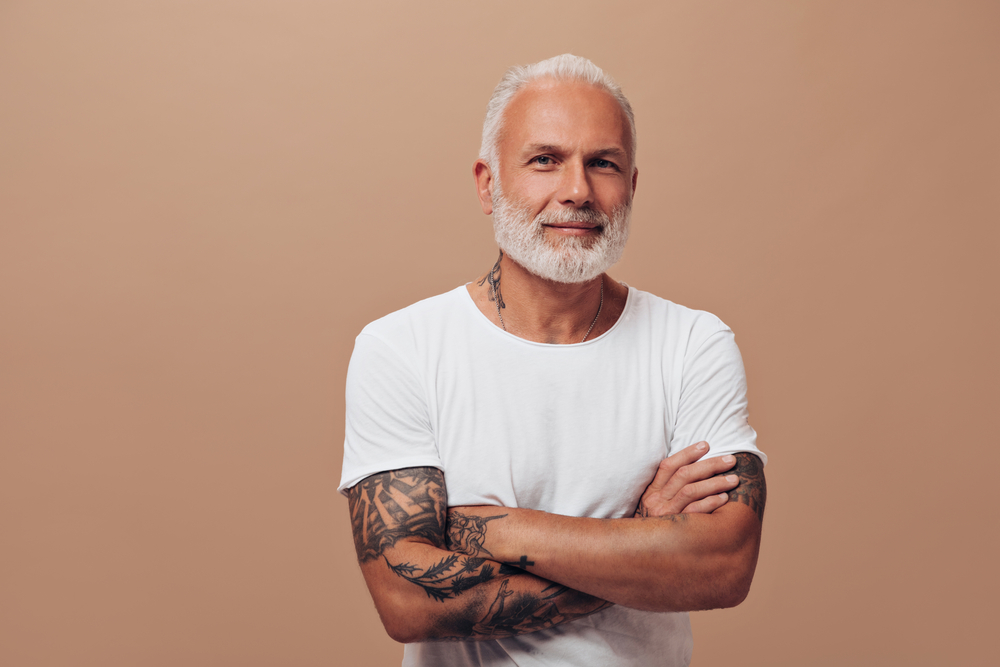How to Stop the Elderly From Calling 911 for Non-Essential Care
Category:

We know that as our parents get older, their health becomes a top priority, and it’s natural for them to reach out for help when they feel vulnerable. While it’s important to respond quickly in emergency situations, unnecessary calls can clog up the system and make it harder for responders to handle genuine emergencies. Calling 911 is a dilemma many people face when a loved one lives alone. Let’s take a look at why seniors call EMS repeatedly for non-essential care and what you can do to prevent it from happening again.
Why Do Seniors Call EMS for Non-Emergencies?
Seniors may dial 911 for non-emergencies due to various reasons. Some may experience forgetfulness or confusion, which leads them to forget their location or how to get back home. Others may feel lonely or bored and call 911 to have someone to talk to. There are also instances when seniors call 911 for minor medical issues, like a headache or upset stomach, that do not require emergency attention. It’s possible for seniors to mistakenly think that 911 is the right number to call for non-emergency situations, such as hearing strange noises or seeing suspicious activity that is not immediately threatening.
Seven Ways to Stop the Elderly from Calling 911
Receiving a notification that your loved one has called Emergency Services can be an extremely stressful experience, especially if it turns out to be unwarranted. Here are some helpful suggestions on how to approach your loved one and prevent them from making repeated calls to 911.
- Find Out the Cause for The Repeat Calls.
Sit down and talk about what your loved one is afraid of, and address this issue with them. Listen to their concerns, fears, and needs, as this can provide valuable insights into why they may be calling 911 frequently. By understanding their motivations, you can better tailor your approach and provide alternative solutions. - Do Not Threaten to Take the Device Away.
In this situation, you may think removing access to a phone or an emergency alert device will solve the problem. When in fact, this could make your loved one feel more isolated and threaten their sense of independence. Not to mention, it will also eliminate the ability to call 911 if a true emergency occurs. - Educate Them on Non-Emergency Resources.
Many elderly adults may not be aware of alternative resources available to them, such as non-emergency hotlines, community support programs, or telehealth services. Take the time to educate them about these options and ensure they have easy access to contact information for non-emergency services. Explain that continued “abuse” of the system could result in fines or charges. - Suggest Calling Family or Friends Instead.
Make a phone list and post it in plain sight with numbers that are ok to call. Tell your loved one to always call one of the appropriate numbers before dialing 911. Make sure whoever answers the phone is prepared for the occasional calls and can reassure your loved one that an emergency call is not necessary. - Have Regular Check-ins.
Checking in on older individuals with health concerns can address medical and emotional needs in advance and may reduce the need for emergency calls. Maybe a friend or neighbor can check in on your loved one when you are not able to. Sometimes, a quick visit and knowing someone is around will eliminate the fear your loved one is having. - Implement Home Safety Measures.
Accidents at home are a common reason for elderly adults to call 911. Conduct a thorough assessment of their living environment to identify potential hazards and implement safety measures to offer some security to your loved one. - Suggest Opportunities for Socialization.
Feelings of isolation and loneliness can lead seniors to call 911 for company or emotional support. Encourage social engagement by organizing regular visits, outings, or virtual interactions with family and friends. In some cases, hiring a companion or caregiver can also provide the needed companionship and support.
By understanding their concerns, educating them about alternative resources, and implementing safety measures, we can find a balance between ensuring their protection and independence while reducing unnecessary burdens on emergency services. Ultimately, a proactive and supportive approach can enhance the quality of life for our aging loved ones while promoting a safer and healthier environment for all.
Download Our 10 Tips to Home Safety for Seniors
Get the Support You and Your Loved One Need
If the problem continues after you try these suggestions, it may be time to have your loved one evaluated by a doctor. Dementia and confusion can sneak up on you before you realize it, and if that is one of the problems, your loved one may be ready for some supervised care or at least a home health program that can offer the help you need to make your loved one feel safe.
Subscribe
Date: 2023-08-15
Category:


